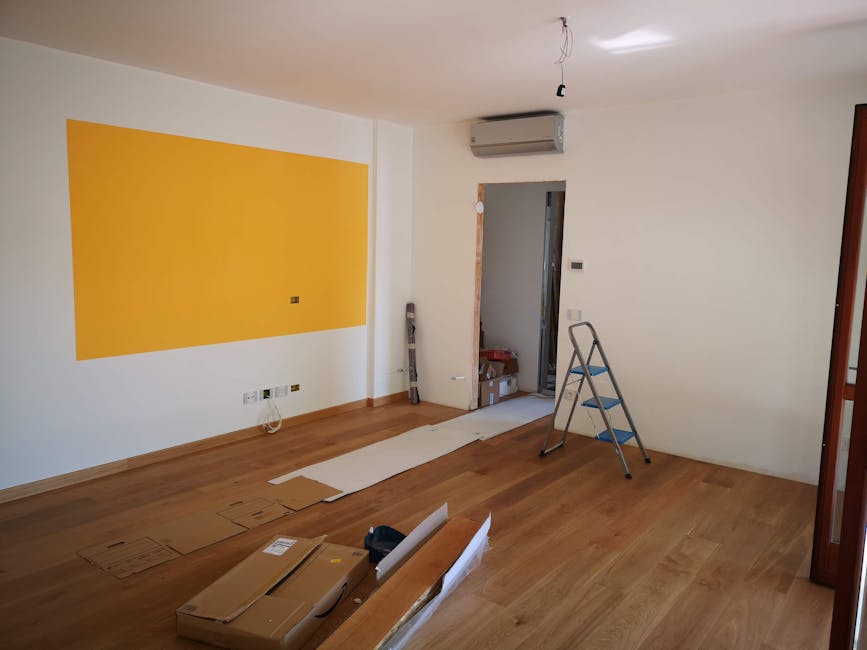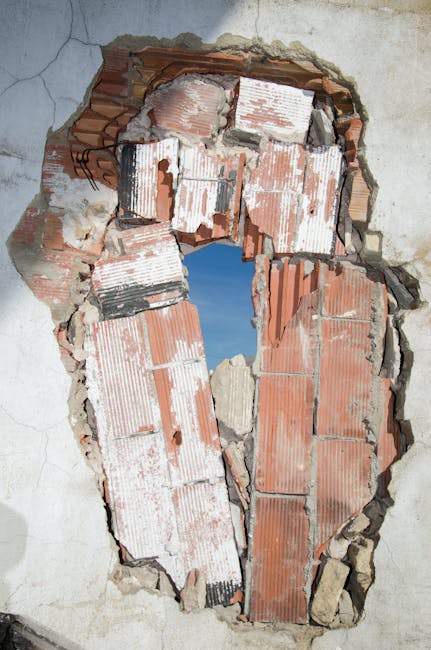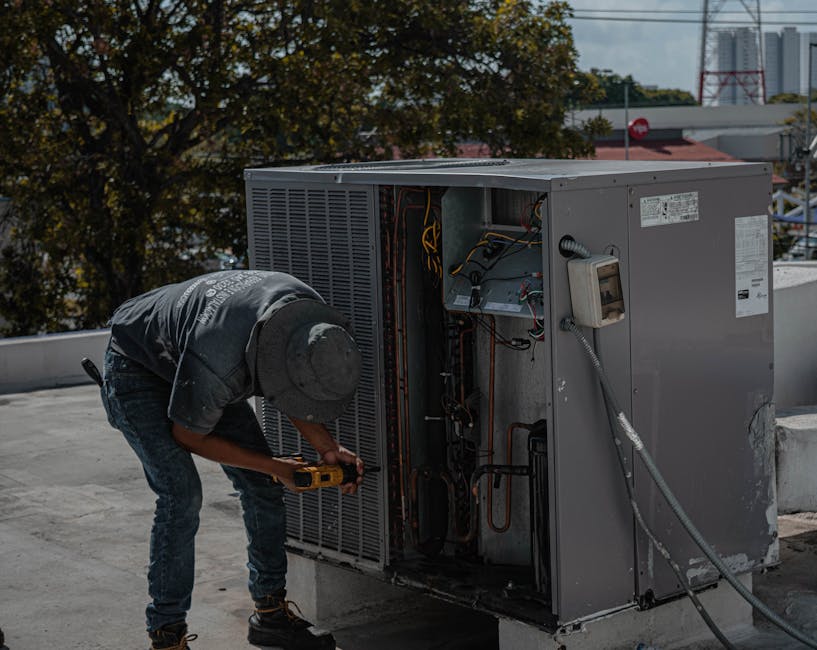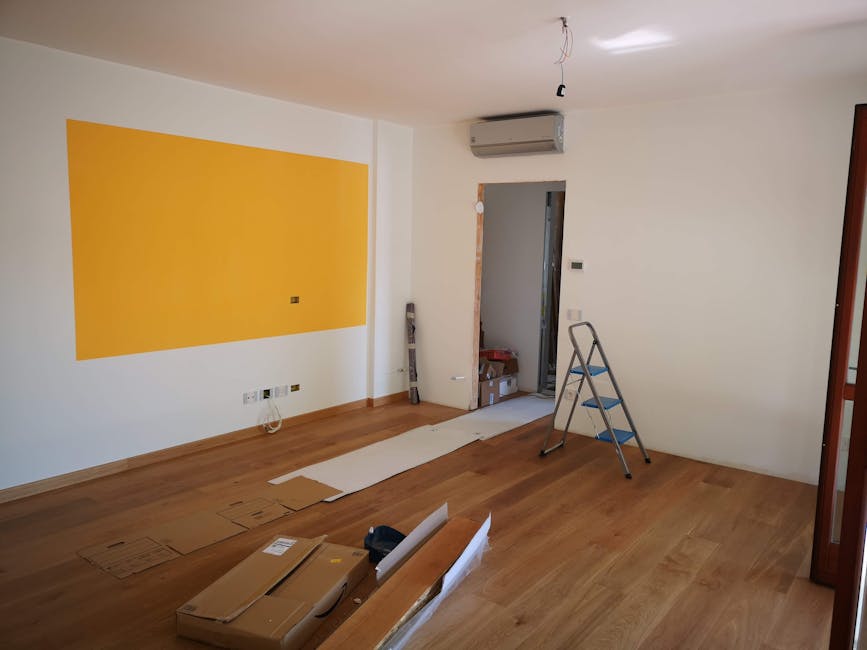Air Conditioner Repair: Troubleshooting, DIY Fixes, and When to Call a Pro
A malfunctioning air conditioner can quickly transform a comfortable home into an unbearable oven, especially during sweltering summer months. Understanding the common issues, troubleshooting techniques, and knowing when to seek professional air conditioner repair is crucial for maintaining your home’s comfort and preventing costly damage. This comprehensive guide will walk you through everything you need to know about air conditioner repair, from simple DIY fixes to recognizing when expert help is necessary.

Common Air Conditioner Problems and Troubleshooting
Before you panic and call a technician, let’s tackle some common air conditioner problems you might be able to fix yourself. Remember, safety is paramount. Always disconnect the power supply before attempting any repairs.
1. No Power:
- Check the circuit breaker: A tripped breaker is the most common culprit. Reset the breaker and see if the AC restarts.
- Examine the power cord: Inspect the cord for any visible damage, such as fraying or cuts. Replace the cord if necessary.
- Check the power switch: Ensure the AC unit itself is switched on.
2. Weak Airflow:
- Clean the air filter: A clogged air filter restricts airflow, reducing cooling efficiency. Clean or replace the filter regularly.
- Check the vents: Make sure all vents are open and unobstructed.
- Inspect the evaporator coil: A dirty evaporator coil can hinder airflow. Cleaning the coil might require professional help depending on its accessibility.
3. Leaking Water:
- Check the condensate drain line: A clogged drain line prevents water from draining properly, leading to leaks. Clear the line using a wet/dry vacuum or compressed air.
- Inspect the drain pan: Ensure the drain pan isn’t overflowing.
- Check for refrigerant leaks: Refrigerant leaks are serious and require professional attention. Never attempt to handle refrigerant yourself.
4. Strange Noises:
- Identify the noise: Clicking, rattling, or squealing noises often indicate a loose part or bearing problem.
- Check for loose components: Tighten any loose screws or bolts you can safely access.
- Compressor issues: Unusual noises from the compressor usually require professional repair.
5. Inconsistent Cooling:
- Check the thermostat settings: Ensure the thermostat is properly set and calibrated.
- Evaluate insulation: Poor insulation can lead to significant heat loss and reduce cooling efficiency.
- Refrigerant level: Low refrigerant levels significantly impact cooling performance; this requires professional attention.
When to Call a Professional Air Conditioner Repair Technician
While some minor issues can be tackled with DIY fixes, many air conditioner problems require the expertise of a qualified technician. Here are some scenarios where calling a professional is crucial:
- Refrigerant leaks: Handling refrigerants is dangerous and requires specialized equipment.
- Compressor problems: The compressor is the heart of your AC unit, and repairs are best left to professionals.
- Electrical issues: Working with electrical components can be hazardous; let a qualified electrician handle it.
- Complex mechanical issues: If you’re unsure about the cause of the problem or unable to diagnose it, it’s better to call a professional.
- Recurring problems: If the problem keeps reappearing despite your attempts to fix it, professional help is essential.
- Warranty claims: Most warranties require repairs to be carried out by certified technicians.
Choosing the Right Air Conditioner Repair Company
Choosing a reputable air conditioner repair company is paramount. Consider the following factors when making your decision:

- Experience and qualifications: Check if the company has experienced technicians with appropriate certifications.
- Customer reviews and ratings: Read online reviews to gauge the company’s reputation and customer satisfaction levels.
- Licensing and insurance: Ensure the company is properly licensed and insured for your protection.
- Pricing and transparency: Get upfront quotes and understand the pricing structure before agreeing to any work.
- Warranty on repairs: Ask about the warranty offered on the repairs performed.
Preventive Maintenance: Keeping Your AC Running Smoothly
Regular preventive maintenance is key to extending the lifespan of your air conditioner and preventing costly repairs. This includes:

- Regular filter changes: Change or clean your air filter every 1-3 months, or as recommended by the manufacturer.
- Annual professional inspection: Schedule an annual inspection by a qualified technician to identify potential issues before they escalate.
- Keep the unit clean: Remove debris and obstructions from around the unit to ensure proper airflow.
- Check for leaks: Regularly inspect for any water leaks or refrigerant leaks.
By understanding common air conditioner problems, attempting simple DIY fixes, and knowing when to seek professional help, you can ensure your home stays cool and comfortable throughout the year. Remember, proactive maintenance and timely repairs will save you money and headaches in the long run.

